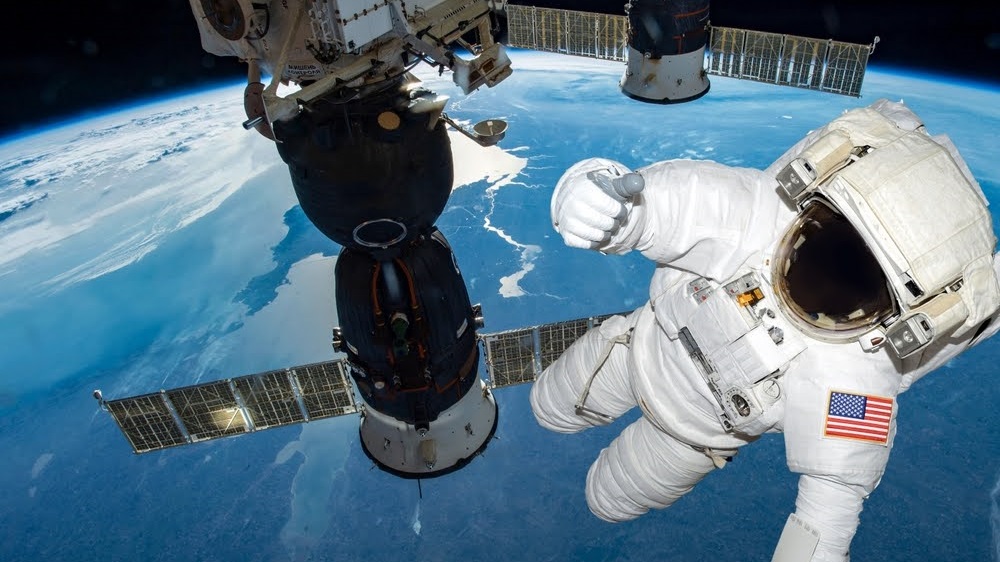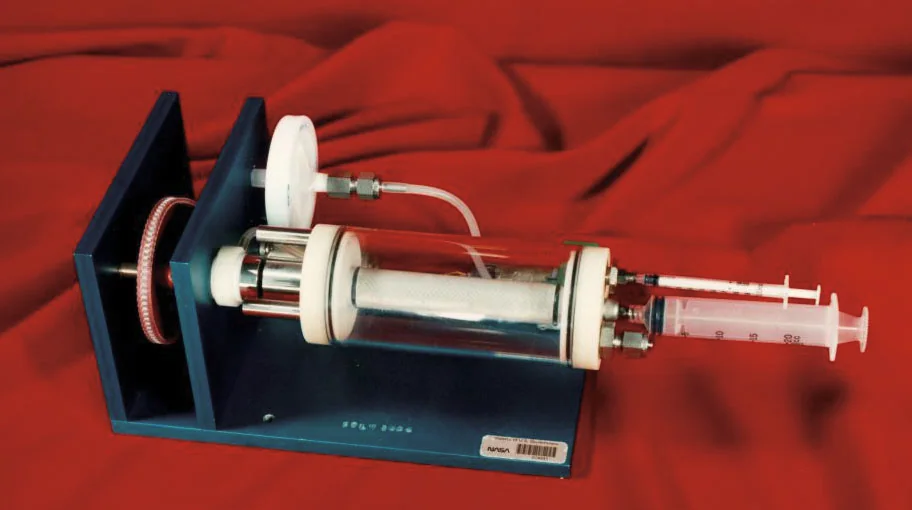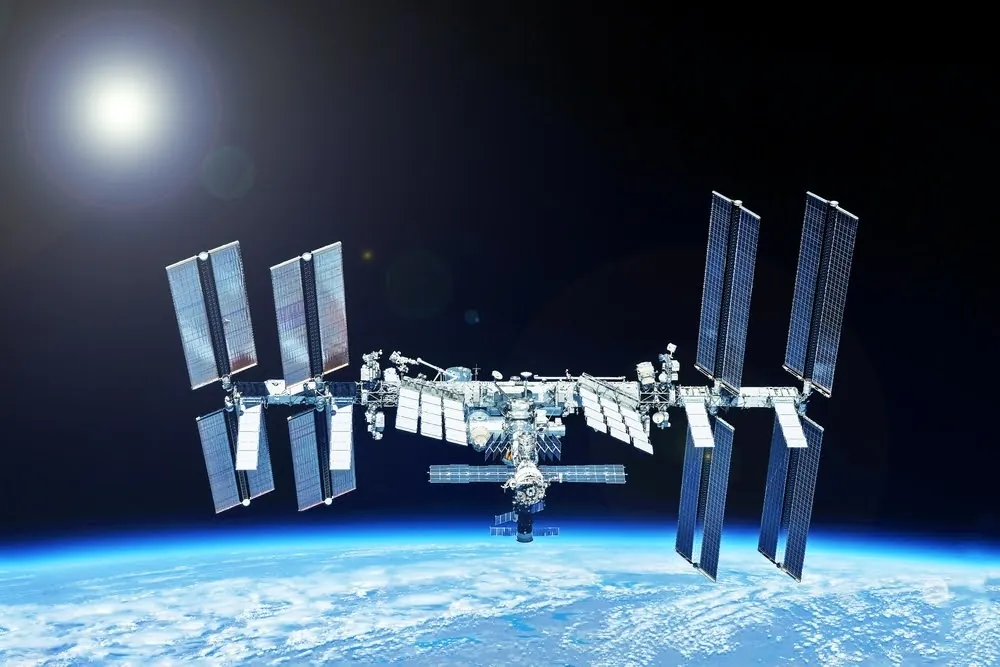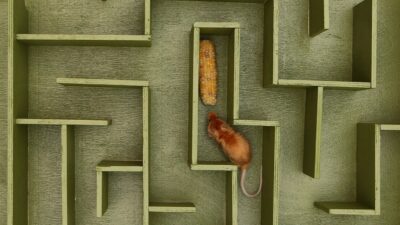Combating How Space Travel Weakens Immune Function
- This study explores how microgravity impacts immune cells and how quercetin may combat this.

It has been known for many years that microgravity in space interferes with human physiology in negative ways. As early as the first Apollo missions, astronauts experienced heart rhythm issues, low blood pressure, inner ear problems, and bone loss.
Researchers at the Buck Institute have published a fascinating new study that shows the influence of microgravity on immune cells [1]. This study is a world first that demonstrates these effects on a single-cell basis.
Previous studies had shown that immune cells do not function well in microgravity, but the reason why had remained elusive. The researchers at the Buck set out to determine what mechanisms and gene pathways are responsible for this phenomenon.
Simulating space here on Earth
The researchers simulated a microgravity environment and observed its effects on immune cells. They examined a variety of immune cells including monocytes, dendritic cells, B cells, T cells and NK cells in microgravity. The cells were taken from 27 healthy donors aged from 20 to 46 years old.
The simulation lasted for a total of 25 hours using a Rotating Wall Vessel, a device created by NASA to mimic a microgravity environment. This vessel helps cells grow in a way that is similar to how they would grow in space.

It has a motor that spins the container around and a pump that brings in clean air and releases it through a rotating part of the container. This helps create a suitable environment for cells to grow in. The team used RNA sequencing and super-resolution microscopy to observe the differences between immune cells grown in this environment and a more normal one.
Alongside the simulation, they also used data taken from the Inspiration-4 (I4) mission, the JAXA (Cell-Free Epigenome) mission, a twin study, and spleens from mice on the International Space Station. This allowed them to create a detailed picture of how a microgravity environment impacts immune cell function.

The researchers identified a number of genes and pathways that were negatively affected by microgravity. These then go on to impact the function of our immune cells.
Quercetin may protect immune cells from microgravity
Once the researchers understood how the immune cells were being impacted, it was time to see if they could stop it. They began to search through libraries of drugs and supplements, looking for any that had a protective effect against microgravity.
To do this, they used a machine learning approach developed by Dr. David Furman at his lab at the Buck Institute. This system is able to analyze millions of interactions taking place between genes, drugs, and supplements.
While the research team identified a number of potentially interesting drugs and compounds, it was quercetin that interested them the most. Quercetin is a natural antioxidant found in various fruits and vegetables, and it is a popular dietary supplement believed to have anti-aging properties.
Quercetin has been a focus of interest in aging research for quite some time. It was first catapulted into the spotlight when researchers found that it has a useful senolytic effect when combined with the drug dasatinib.
According to these researchers’ data, quercetin may reverse around 70% of the negative changes caused to immune cells by microgravity. That means that it has a protective effect against excessive levels of reactive oxygen species provoked by microgravity.
Reactive oxygen species are involved in inflammation and play a significant role in aging, particularly in the context of damage to our mitochondria, the power stations of our cells. So reducing the presence of them is a good strategy if we want to keep our cells in good condition, even more important in space than it is on Earth.
This is the first study to find potential solutions to combating the effects of microgravity on our immune cells. These findings are not only relevant to the brave men and women pioneering space, they also apply to those of us here on Earth, as these researchers intend to explore the potential effects of these interventions on ordinary immune system aging. It is possible that compounds such as quercetin may find wide value against immunosenescence in the not-too-distant future.
Literature
[1] Wu, F., Du, H., Overbey, E. et al. Single-cell analysis identifies conserved features of immune dysfunction in simulated microgravity and spaceflight. Nat Commun 15, 4795 (2024). https://doi.org/10.1038/s41467-023-42013-y








